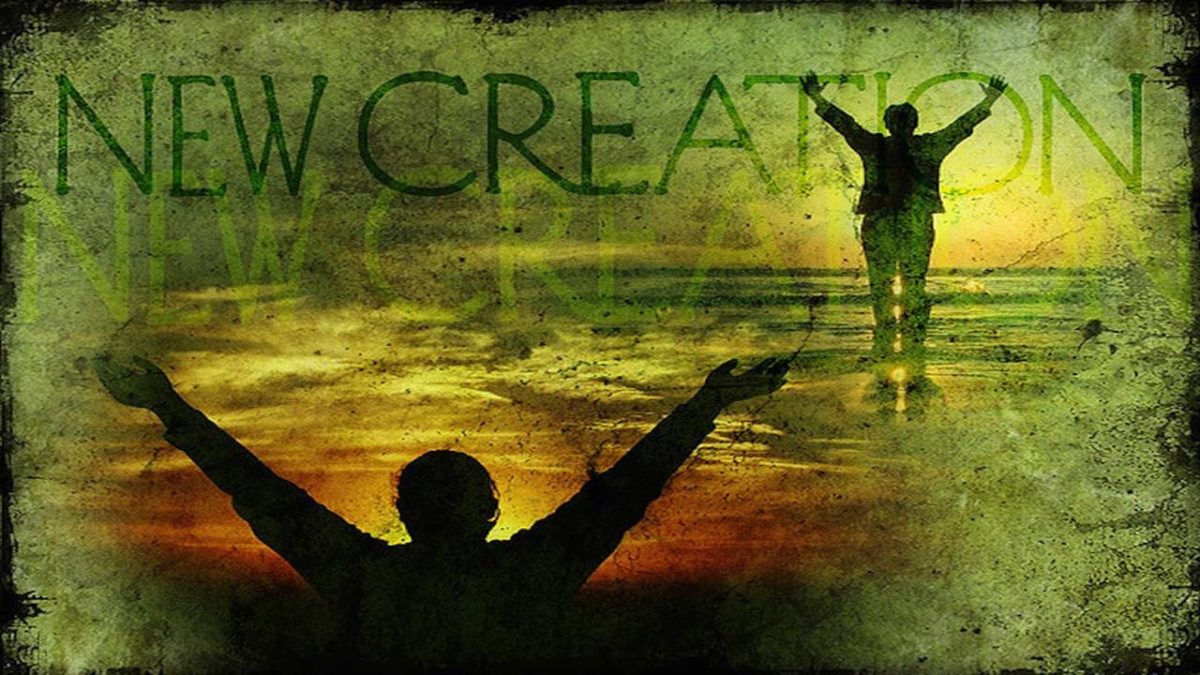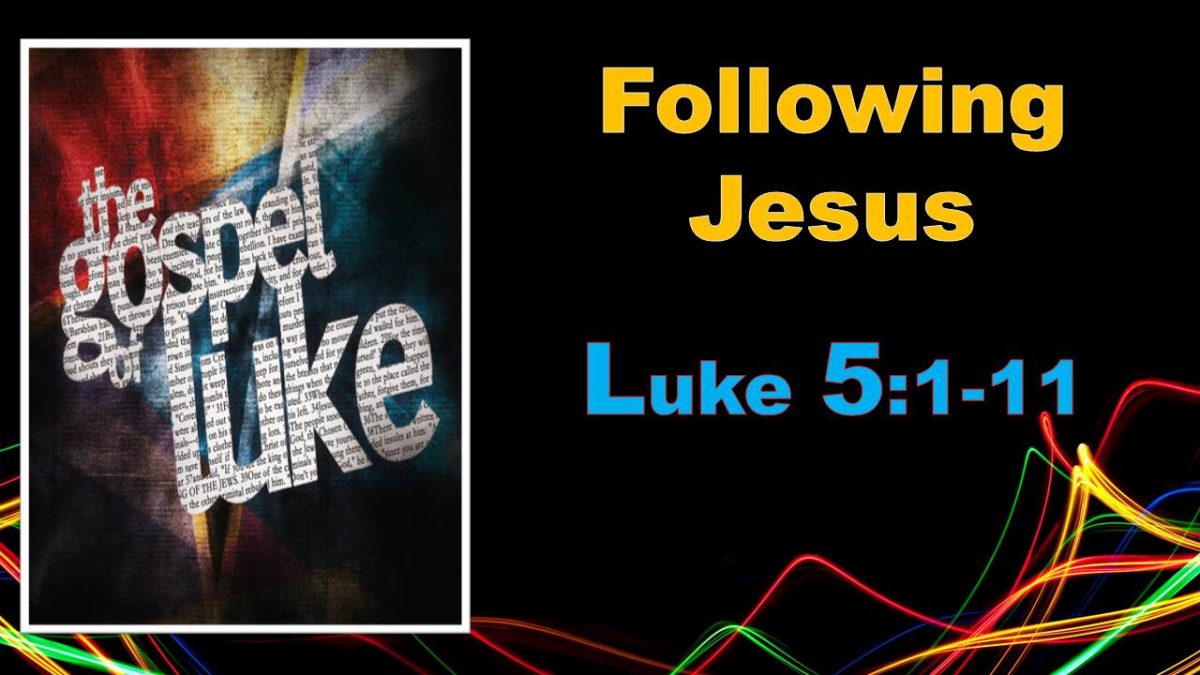We’ve been learning in Luke about what it looks like to follow Jesus. By the time we reach Luke 5.33 Jesus has been gathering up followers. His opponents are being exposed for their hard-heartedness, and they’re responding by trying to catch Jesus in fine points of law—their fine points of law!
Luke 5.33-6.11 includes three episodes that demonstrate that following Jesus means embracing something new, in contrast to the old way of serving God in Israel.
Jesus brings new celebration (5.33-39). This account deals with fasting which, along with feasting, played an important part in the national religion and culture of Israel. Jesus’ opponents accuse Jesus’ disciples (and Jesus by implication) of not fasting along with them.
Jesus responds with wedding imagery: Can you make the wedding guests fast while the bridegroom is with them? He goes on to say that there will be a time for fasting, but after He is gone. Important to catch is that celebration is the important response to the presence of the bridegroom!
The metaphors that follow, involving pieces of cloth, wine and wineskins, both make the point that you can’t mix old and new, not without destroying both. In the same way, you can’t mix Jesus and the Gospel with Judaism. Jesus brings something distinct and new!
Jesus brings new authority (6.1-5). In the next episode, Jesus’ disciples are criticized for eating grain on the Sabbath. Gleaning itself, provided for in Deuteronomy 23, is not the issue. But as the disciples’ actions took place on the last day of the week reserved for rest, the Pharisees are offended. Jesus tells the story of King David from 1 Samuel 21 when David (apparently) violated the Sabbath. In choosing this story Jesus reminds His opponents that even in its Old Testament context the laws of God were given to help people, not hurt them. If this be true, then He as the representative of humanity surely has authority over the law. Jesus brings something new!
Finally, Jesus brings new life (6.6-11). This is the account of the man with the withered hand. While Pharisaical law allowed for urgent medical care on the Sabbath, Jesus’ miracle is public, non-urgent and in the faces of the Pharisees. Jesus works in full view of all: Come and stand here,” Jesus tells the man. Is it lawful to do good or to do harm, to save life or to destroy it, Jesus asks (:9).
Jesus knows the thoughts of His opponents. His healing is a picture of regeneration, renewal, new creation, a new beginning, and something completely new.
Much in these three accounts seems remote to us today. What do we make of Sabbath-keeping? While the issues are complex, two thoughts satisfy my mind on the point:
Jesus has fulfilled the Law of Moses. Do not think I have come to abolish the Law or the Prophets; I have not come to abolish them but to fulfill them, Jesus says (Matt 5.17).
Jesus kept the Law of Moses perfectly, in both its letter and its spirit. In doing so, some aspects of the law disappeared. This includes its civil aspects governing how it was applied in the nation and its ceremonial aspects governing the temple worship. All gone when God ceased to reveal Himself through Israel! All gone when Jesus became the perfect sacrifice!
Other parts of the law continue but are applied differently. You shall love the Lord your God with all your heart and with all your soul and with all your mind. This is the great and first commandment. And a second is like it: You shall love your neighbor as yourself. On these two commandments depend all the Law and the Prophets (Matt 22.38-40).
Today, living in Jesus’ fulfillment of the law as we do, we still don’t murder or commit adultery or steal or lie or covet. Why? Because it isn’t loving. And love reflects God’s character, His moral law. And I don’t even need a verse to tell me this. I need the Spirit of God.
The second thought that satisfies me is that Jesus has brought about a new creation. The Sabbath didn’t start with Moses. God created in six days and then rested—not because He was tired, but because He was finished. His creation work was fulfilled and complete. This is why Israel finished the week with rest.
But at the empty tomb God the Father and Jesus bring about a new creation, involving new people and a renewal of the old creation. This took place on the first day of the week. And to celebrate Jesus’ resurrection believers as early as Acts 20 began meeting on the first day of the week.
That’s where we are today. Because of Jesus’ finished work we start (not finish) the new week with worship, celebration, and rest. And not because we have to, but because we want to!
These accounts in Luke 5-6 show that you can’t mix Jesus with Judaism. Jesus brings about something new. And following Jesus means embracing Jesus’ new creation!
What has been your experience? Find somebody to read Luke 5.33-6.11 with and talk through these questions:
- Has the Old Testament and how to keep its rules ever confused you? How?
- How do the ideas of Jesus fulfilling the law and Jesus bringing about a new creation satisfy YOU? What other questions do you have?
- Read Matt 5.17; 22.38-40; Jn 13.14; Gal 5.14; 6.2; and Js 2.8. How does our love for God and others serve to apply the fulfilled law of Christ?
- Knowing that Jesus has fulfilled God’s law and brought about a new creation that includes you (2 Cor 5.17), what freedom do you now feel? How does this freedom in Christ change the way you feel about rule keeping?






